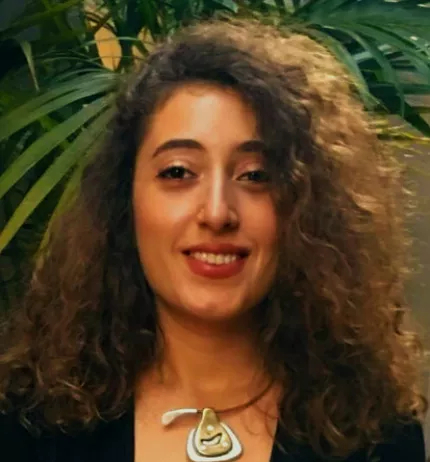Image

Lana Salman
Alumni
2
results
Filter by
Filter
Your search did not return any results. Please try another search.
